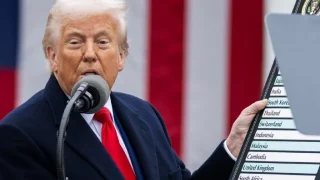
Rather than focusing on any particular tax or level of government, Sinclair Davidson in this paper canvasses an issue that cuts across all taxes and all levels of government: fiscal illusion and how it contributes to the growth of the state. Fiscal illusion is the political art of crafting tax and expenditure policies ways that make taxpayers think government costs them less than it actually does relative to the benefits they receive from government spending. This illusion increases the politically sustainable size of the tax burden and, with it, the level of government spending. Davidson identifies many of the techniques that governments use to promote fiscal illusion, including opportunistic tax levies designed to take advantage of community sympathy for various causes. Another example is the imposition of taxes on business, which are not transparent to households even though they are passed on in higher prices or lower wages









